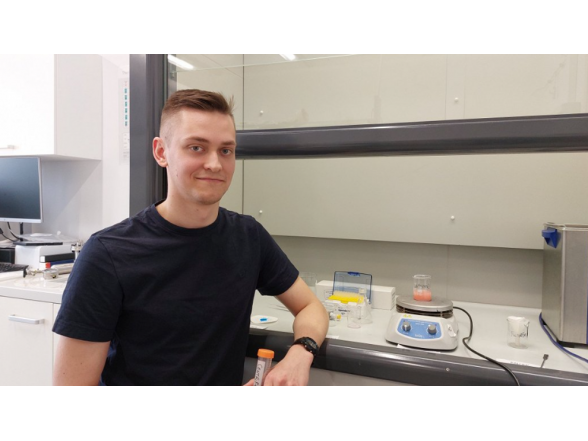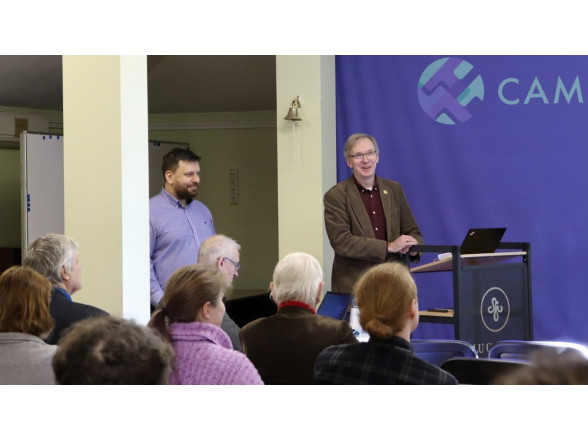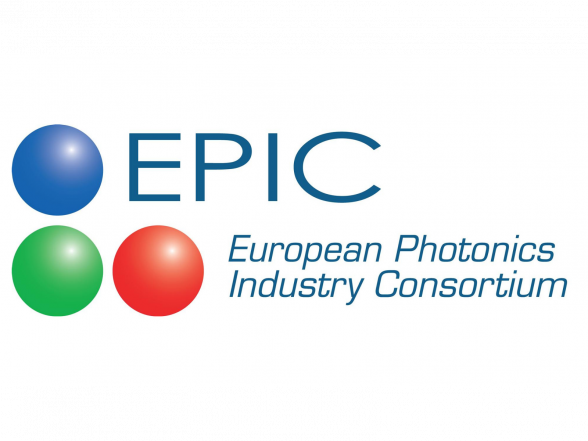Photo: Sintija Ambote/ Latvian Radio
This summer, over 30 Nobel Prize laureates and approximately 600 young scientists will convene in Lindau, Germany, for the 73rd Nobel Prize Laureate Meeting. This marks Latvia’s inaugural participation in the event, with Rihards Ruska, research assistant of ISSP UL’s Laboratory of Spectroscopy, representing the country. At the ISSP UL, Rihards works on synthesizing various nanoparticles and researching their luminescence for potential medical applications, particularly in understanding the effects of medicinal substances.
In an interview with the Latvian National Radio, Ruska notes that nanoparticles are still a developing medical field. He emphasizes the importance of comprehending how drugs interact within the body, citing the example of targeting specific organs for treatment. Through nanoparticles, tracking drug distribution becomes feasible, aiding in optimizing treatment outcomes.
"I develop these materials based on calcium phosphate, resembling miniature bone nanoparticles. Since the body is familiar with bone composition, it efficiently processes them, minimizing adverse effects. Utilizing such particles holds promise, especially as seen in the application of lipid nanoparticles in Covid-19 vaccines. However, my focus lies on solid particles that dissolve in the body, effectively transporting drugs and aiding diagnostics," explains Ruska.
In the laboratory, Ruska demonstrates the production or deposition of nanoparticles using various methods. In the coming autumn, he plans to advance his research by experimenting with cells and selected materials.
"The mixer combines sodium phosphate and calcium nitrate, resulting in turbidity indicating nanoparticle formation. Subsequently, we can centrifuge them and examine their luminescence, along with the substances they encapsulate. This paves the way for cellular experiments and understanding behavior within the human body," Ruska elaborates.
Nominated by the Latvian Association of Young Scientists and the University of Latvia, Ruska will present his doctoral research at the Nobel laureate meeting. Additionally, he aims to contribute to a hackathon focusing on sustainability, proposing alternatives to pesticides derived from viruses.
Reflecting on his journey, Ruska acknowledges the challenges inherent in scientific pursuits. Despite setbacks and limited funding, he remains committed to contributing to scientific advancements.
"Science is demanding; numerous attempts may fail. However, perseverance is key. Adequate funding is crucial for scientific progress, particularly in doctoral studies, to foster innovation and competitiveness," emphasizes Ruska.
The interview transcript in Latvian
Since 1951, Nobel laureate meetings have served as platforms for intergenerational, cross-cultural, and interdisciplinary collaboration, fostering knowledge exchange and cooperation among scientists worldwide.



